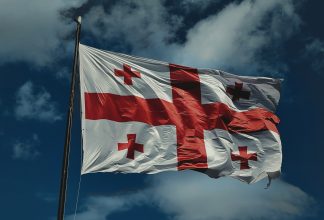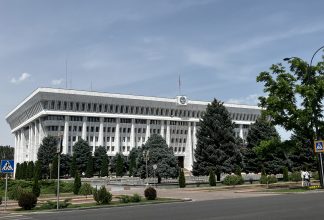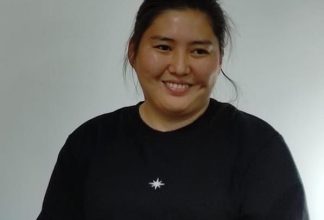Uzbekistan Must Change Course on Human Rights
On Monday, December 5, Uzbekistan’s Central Elections Committee announced Shavkat Mirziyoyev, a former prime-minister and interim president following the late August death of Islam Karimov, a winner in the vote for the country leaders’ seat.
According to the count, Mirziyoyev received more than 88% of the vote on Sunday, whereas other candidates – portrayed in the media as performing a rather symbolic role – shared the rest of the votes.
The vote can hardly be called democratic for many reasons, including the lack of critical media and of real opposition candidates as depicted in the preliminary review by observers with the Organisation for Security and Cooperation in Europe, but it nevertheless presents a window of opportunity for the new leader and the country.
According to findings by UN agencies and independent human rights groups, the former president Karimov’s rule was marred by grave human rights violations and widespread corruption; his government’s human rights commitment under a number of UN treaties as well as under the national constitution remained largely symbolic.
The long list of abuses committed under Karimov included the government-sanctioned use of child labour during cotton harvest, repressions against religious communities, arbitrary detentions and arrests on politicised charges of political opponents, human rights defenders, and critical journalists, widespread torture of detainees, and so on.
In May 2005, Karimov personally ordered troops and special forces against largely unarmed civilian protesters in the eastern city of Andijan. The crime, whose toll spans from several hundred to up to several thousands – children among them – is still marred with impunity despite the international outcry. Following the Andijan massacre, Karimov’s regime took steps to wipe out any traces of the crime and silencing the witnesses. Next, authorities expelled international human rights groups and agencies (including Human Rights Watch, ICRC, and others), ordered out news organisations and individual reporters, and targeted and jailed the few remaining and already embattled human rights activists.
On December 8, Uzbekistan is celebrating the 24th anniversary of its constitution which, in the past, was accompanied by a presidential order to amnesty prisoners excluding those considered to be political.
The new president, Mirziyoyev, must ensure that the amnesty includes all those whom Karimov’s regime imprisoned in retaliation for their work, beliefs, or opinion: human rights activists Azam Farmonov, Akzam Turgunov, Matluba Kamilova and many others, as well as journalists Muhammad Bekjanov, Salidzhon Abdurakhmanov, Yusuf Ruzimuradov, and Dilmurod Saiid.
”Civil Rights Defenders urges president Shavkat Mirziyoyev to dismantle repressive course of his predecessor in the office and commit political will to improving the country’s poor human rights record. As a first step, he should free from jails imprisoned journalists and human rights activists whose only crime was the exercise of their constitutionally guaranteed right to gather and share information”, said Joanna Kurosz, programme director for the Eurasia Department at Civil Rights Defenders.
Furthermore, the new leader should grant entry to the country to all those expelled from international journalists, human rights groups and agencies who can extend their hand in reforming the country by identifying the issues to be addressed, presenting their findings and sharing expertise.


